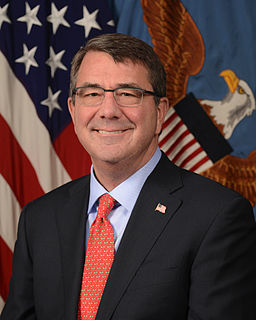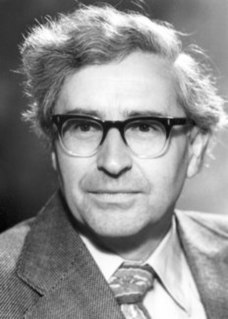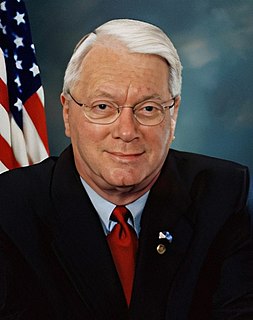A Quote by Martin Jacques
Labour was always aligned with the U.S. during the Cold War, but the ignominious implosion of communism reinforced the belief that no alternative to the prevailing common sense was possible.
Quote Topics
Related Quotes
The ghostly presence of virtual particles defies rational common sense and is nonintuitive for those unacquainted with physics. Religious belief in God, and Christian belief that God became Man around two thousand years ago, may seem strange to common-sense thinking. But when the most elementary physical things behave in this way, we should be prepared to accept that the deepest aspects of our existence go beyond our common-sense intuitions.
Whenever I'm asked about independent cinema, I think of what Fidel Castro said during the Cold War about the league of non-aligned nations. He said that really, there were only two non-aligned nations: the U.S. and the USSR. The rest of us have to be aligned somewhere. I say similarly, in a way, Paramount, Sony, and Warner Bros. are the only true independents, because they're the only ones who can do whatever they want and have distribution for their films built in.
In accordance to the principles of doublethink, it does not matter if the war is not real, or when it is, that victory is not possible. The war is not meant to be won. It is meant to be continuous. The essential act of modern warfare is the destruction of the produce of human labour. A hierarchical society is only possible on the basis of poverty and ignorance. In principle, the war effort is always planned to keep society on the brink of starvation. The war is waged by the ruling group against its own subjects, and its object is not victory over Eurasia or Eastasia, but to keep the very structure of society intact.
The twentieth century had dispensed with the formal declaration of war and introduced the fifth column, sabotage, cold war, and war by proxy, but that was only the begining. Summit meetings for disarmament pursued mutual understanding and a balance of power but were also held to learn the strengths and weaknesses of the enemy. The world of the war-or-peace alternative became a world in which war was peace and peace war.
































